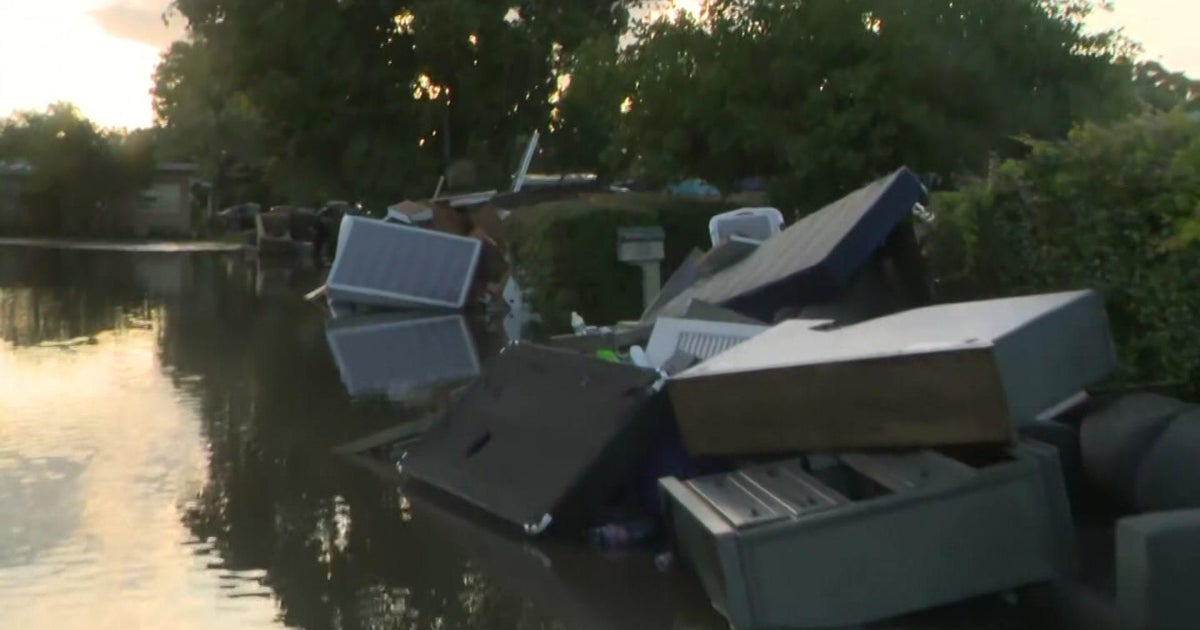FL Finds Success In Paying Companies To Hire Workers
WEST MIAMI-DADE (CBS4) - Jerold Nelson was hard at work Thursday at his new job at Interactive Blue Communications (IBC), a small design and consulting firm in Miami-Dade. The 51 year-old husband and father landed the job after ten months of unemployment and a seemingly hopeless outlook.
"Sometimes you go for an interview and there are five, six, seven, eight people waiting for the same interview," Nelson said, reflecting on his job search.
He got the job at IBC through a program that sees the state pay companies to hire new workers. It picks up the salaries of new hires for up to six months while they learn new skills.
Nelson used to install communications systems; now he helps design them.
He is one of two people IBC owner Robbie Mena has hired under the federally funded plan.
"For a small business, where cash flow is king, it helps, and it encourages us to hire people," Mena said. "Small business is the backbone of the country. To be able to have more people come in and work not only benefits the employees, but helps growth. We pay more taxes because of it."
The government assisted hiring not only gets people back to work, but helps them become more valuable - and more competitive in the job market - by learning new skills.
"It provides me with good potential," Nelson said, as he worked on a design at a computer console.
Many of the programs that reward companies for hiring have been funded by the much maligned federal stimulus plan.
Rick Beasley, Executive Director of South Florida Workforce, the state's employment agency for Miami-Dade and Monroe, is among those who says the stimulus has worked.
"We put more than 30,000 people to work (in Miami-Dade and Broward) last year," Beasley said. "Without those stimulus dollars, we wouldn't be able to get those folks into training. When people say it doesn't work, I'm sorry, from where I sit it helped us to be able to help the community. Now, was it enough? No."
Mena, the small company owner, called it money well spent, that got folks off the dole.
"Instead of having the government give them money, they're going to be paying the government back through income taxes. So I think of it as an investment, rather than a handout," Mena said.
Mena said he considers himself a "conservative, free market capitalist," but said that there are times when government must step in.
"This is one of those times," he said.



